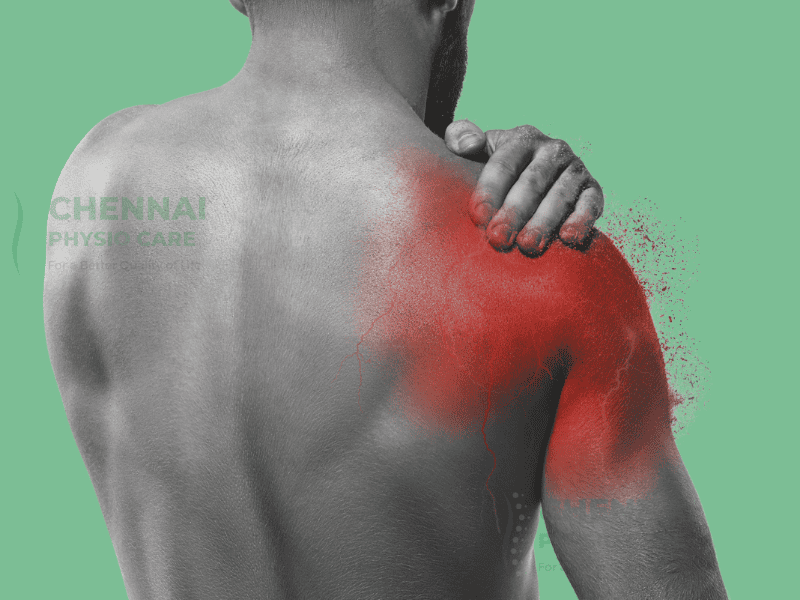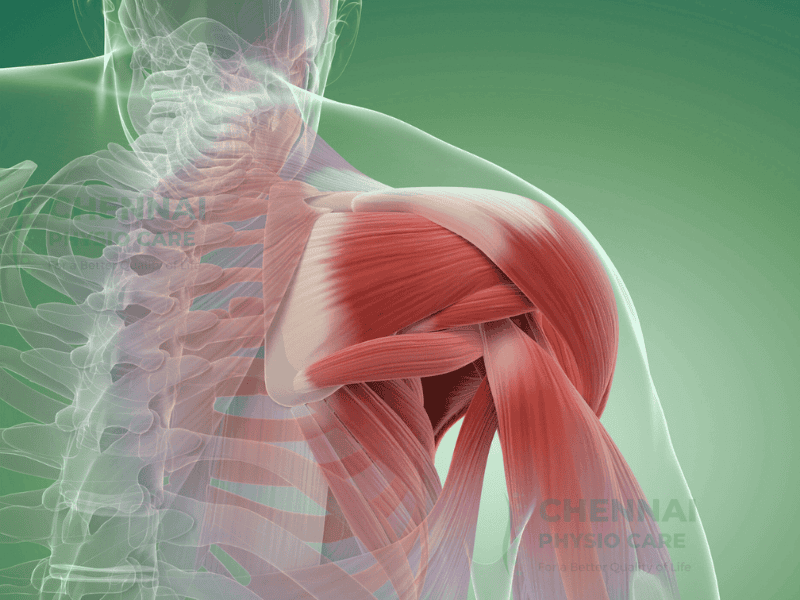Comprehensive Guide to Shoulder Pain and Care
Shoulder pain is a widespread condition affecting people of all ages and activity levels. The shoulder is one of the most mobile joints in the body, making it susceptible to injury and wear. Pain can significantly impact daily activities, from reaching overhead to sleeping comfortably.



Overview of Shoulder Pain
What is shoulder pain?
Shoulder pain involves discomfort in the shoulder joint and surrounding muscles, tendons, and ligaments. The shoulder is a ball-and-socket joint that relies on a complex network of muscles and soft tissues for stability and movement. This complexity makes the shoulder prone to various injuries and conditions that can cause pain and limit function.
Common Causes
Shoulder pain can arise from numerous causes, ranging from acute injuries to chronic conditions:
- Rotator cuff tears or strains
- Frozen shoulder (adhesive capsulitis)
- Shoulder impingement syndrome
- Bursitis and tendinitis
- Dislocations and separations
- Arthritis (osteoarthritis or rheumatoid)
- Fractures of the shoulder blade, collarbone, or upper arm
- Overuse injuries from repetitive activities
- Poor posture leading to muscle imbalances
- Referred pain from neck or heart conditions
Symptoms to Watch For
Shoulder pain symptoms can vary widely depending on the underlying condition:
- Deep, aching pain in the shoulder joint
- Sharp pain with specific movements
- Stiffness and reduced range of motion
- Weakness when lifting or reaching
- Pain that worsens at night or when lying on the affected side
- Clicking, popping, or grinding sensations
- Swelling and tenderness around the joint
- Pain radiating down the arm
- Difficulty reaching behind the back or overhead
- Muscle spasms in the shoulder and neck area
When to Seek Professional Help
Seek immediate medical attention if you experience:
- Sudden, severe shoulder pain following an injury
- Inability to move the shoulder or arm
- Signs of dislocation (visible deformity)
- Numbness or tingling in the arm or hand
- Signs of infection (fever, warmth, redness)
- Chest pain accompanying shoulder pain
Treatment Options
Shoulder pain treatment is tailored to the specific condition and may include:
Physiotherapy
Targeted exercises to restore range of motion, strengthen muscles, and improve shoulder mechanics.
Manual Therapy
Hands-on techniques to improve joint mobility and reduce muscle tension and pain.
Movement Re-education
Training to correct movement patterns and prevent re-injury during daily activities.
Pain Management
Various modalities including ice/heat therapy, ultrasound, and electrical stimulation.
Helpful Exercises
These exercises can help improve shoulder function and reduce pain:
Important: Always consult with a physiotherapist before starting any exercise program.
Pendulum Swings
Lean forward, let your arm hang down, and gently swing it in small circles. Perform for 1-2 minutes.
Wall Slides
Stand against a wall, slide your arms up and down while keeping contact with the wall. Repeat 10 times.
Cross-body Stretch
Pull your affected arm across your chest with the other hand. Hold for 30 seconds, repeat 3 times.
External Rotation
With elbow at side, rotate your forearm outward against resistance. Perform 10-15 repetitions.
Prevention Tips
Prevent shoulder pain with these proactive strategies:
- Maintain good posture throughout the day
- Strengthen shoulder and upper back muscles regularly
- Warm up properly before sports or exercise
- Use proper technique during overhead activities
- Take breaks from repetitive arm movements
- Sleep in positions that don't stress the shoulder
- Gradually increase activity intensity
- Address muscle imbalances early
- Stay hydrated and maintain overall fitness
Lifestyle Modifications
Make these lifestyle adjustments to support shoulder health:
Ergonomics
Adjust workstation setup to reduce shoulder strain and maintain neutral postures.
Activity Modification
Modify activities that aggravate symptoms while maintaining overall fitness.
Recovery
Ensure adequate rest and recovery time between activities to prevent overuse.
Frequently Asked Questions
How long does it take for shoulder pain to heal?
Recovery time varies greatly depending on the condition. Minor strains may heal in days to weeks, while conditions like frozen shoulder can take months to years. Early treatment often leads to faster recovery.
Can I continue exercising with shoulder pain?
You can often continue exercising with modifications. Avoid activities that worsen pain and focus on pain-free movements. Consult a physiotherapist for guidance on appropriate exercises.
What's the difference between a rotator cuff tear and shoulder impingement?
Shoulder impingement involves compression of soft tissues, while a rotator cuff tear is actual damage to the tendon. Both can cause similar symptoms, but treatment approaches may differ.
Patient Testimonials
Verified Google Reviews — Real feedback from our patients
K Krithivasan
Had great relief from Back pain after 10 sessions of therapy.Bit expensive but worth it.
Anbukkarasi Padmaraj
I have gone for modified epley. This therapy is done by very few centres only. In this chennai physio care , the dr done very well and it was good. I recommend this centre